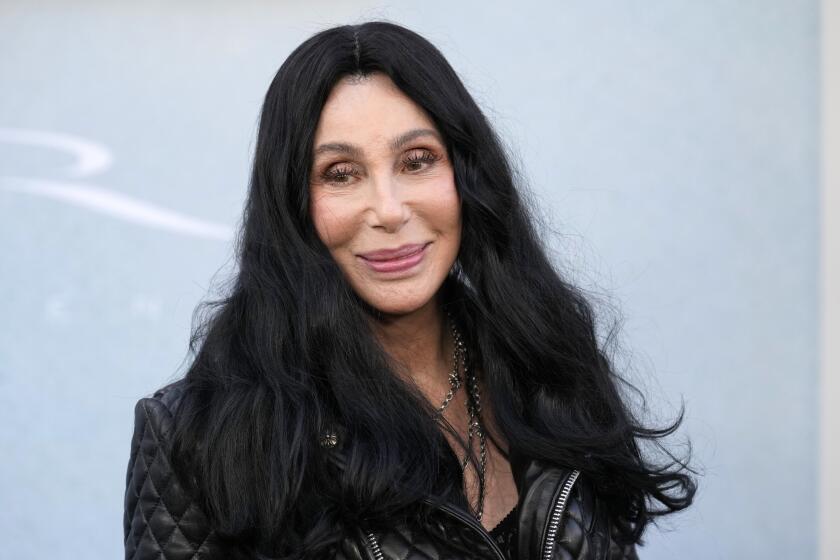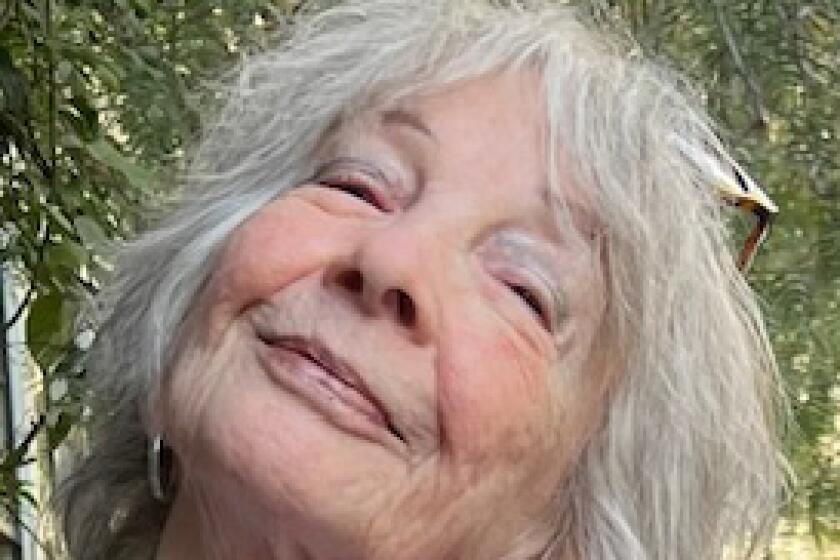Four Questions for Richard Flanagan
Question: How did you come to this story?
Answer: Ten years ago, I was shown a volume by a convict forger. I thought of that man, and I wanted to write a book that got into the eyes of the fish he had painted. But the rest of it is mysterious. In a certain moment you find a way of expressing both humor and anguish on a larger scale, and then you are wrenched from this world that you live in.
Q: And where is that?
A: We live in a clapboard house right in Hobart, an old colonial city, quite poor, of around 200,000 people. The house is on a hill that runs down to a river. Behind me is a mountain. My ancestors, Irish convicts arrested for petty crimes like stealing cornmeal in the heart of the famine, were among the first settlers. Until the last 20 years, nobody wanted to talk about Tasmania’s terrible history, the experiences of convicts and the massacres. That’s the dark side. But people now tend to live in big clans. We also have the largest remaining stand of temperate rain forest in the world, threatened by developers. I think the literature of the 21st century is all about the land and getting a sense of one’s past. Time is a river that sweeps me along. People have to forget, but to be truly free you have to look back.
Q: Were you in control of this novel?
A: No. Never. The moment I’m in control, it’s not worth reading. It has to be exciting for the writer. Look, journalism and historical writing move outward from yourself. But the fictional journey is in the opposite direction, dreadful, but occasionally you might get in there, and that is a moment of transcendence. Your knowing is fractured in one human breast. You can’t control it; you have to abandon control. Writing this book was like holding sand between my fingers. And when the book was finished, I had an acute sense of failure; after all, nothing could be as grand as that great dream. I feel I’ve betrayed it.
Q: The book is a beautiful object. How did you persuade publishers to spend so much money on it?
A: I believe in books. I wanted to show the people who say that books will one day be obsolete that a whole universe can be contained in a book, exploding with color and words and the promise that books hold.
--SUSAN SALTER REYNOLDS
More to Read
Sign up for our Book Club newsletter
Get the latest news, events and more from the Los Angeles Times Book Club, and help us get L.A. reading and talking.
You may occasionally receive promotional content from the Los Angeles Times.






